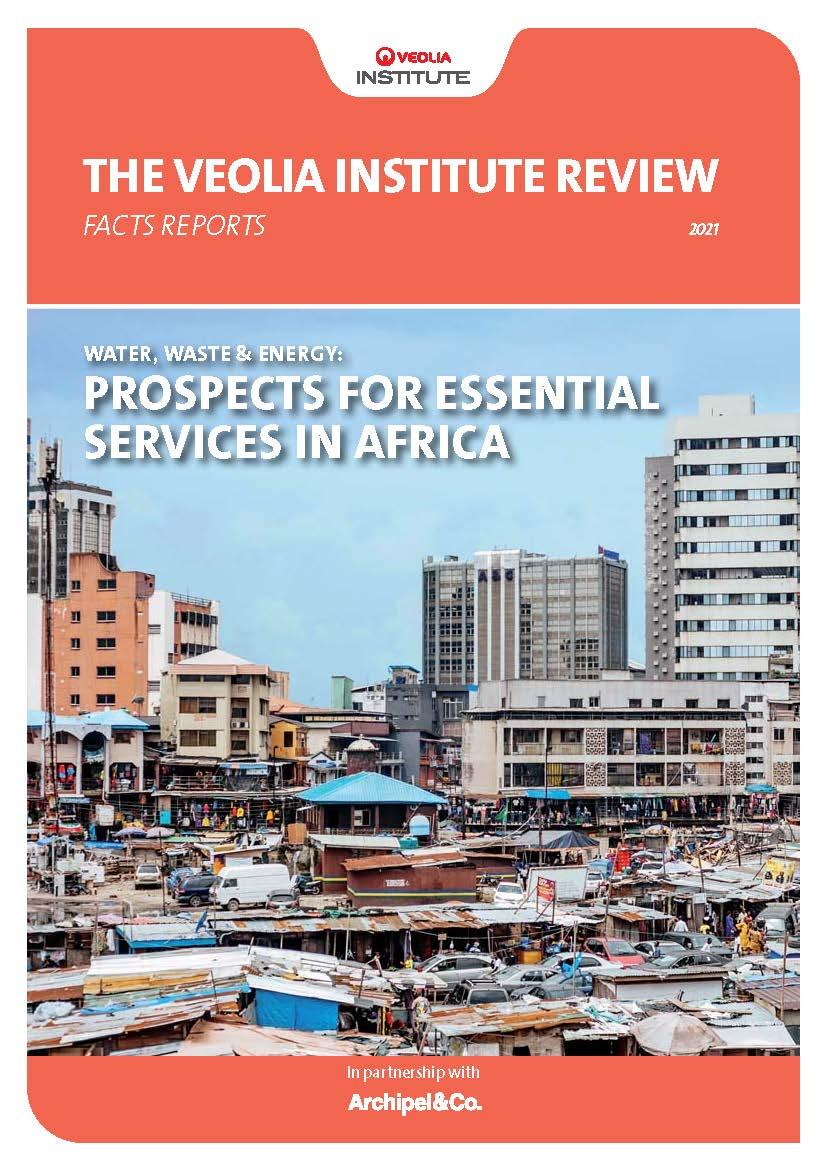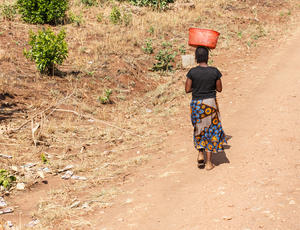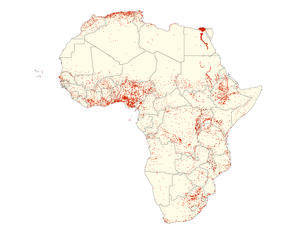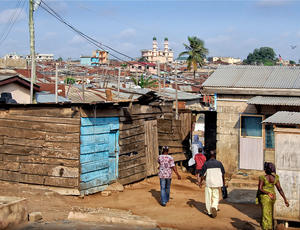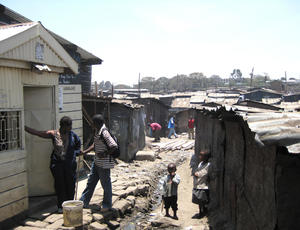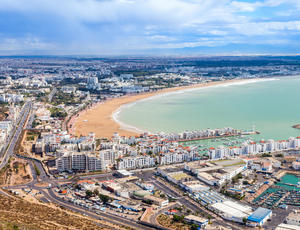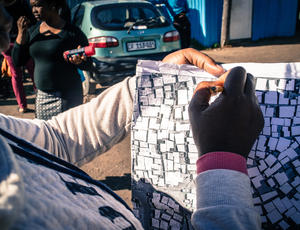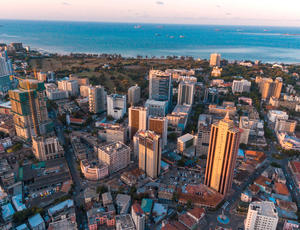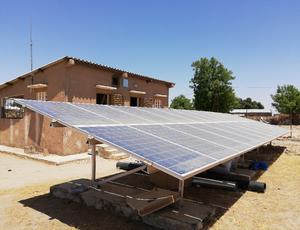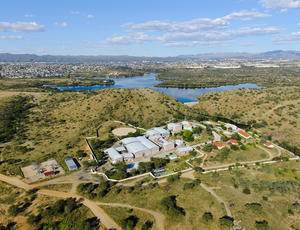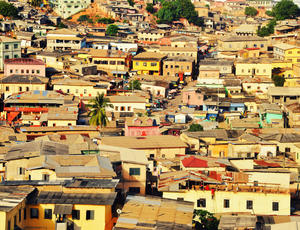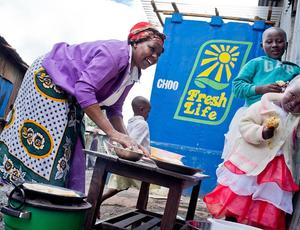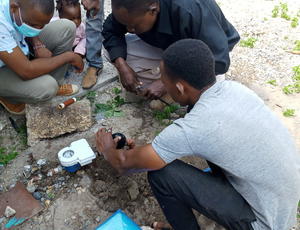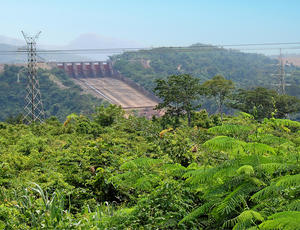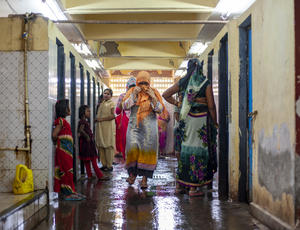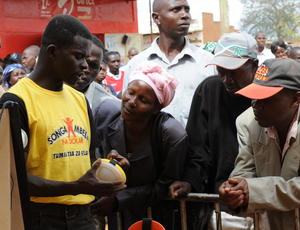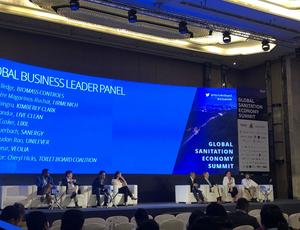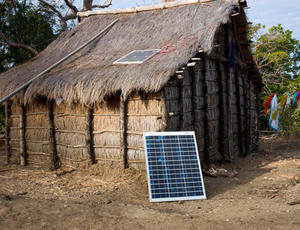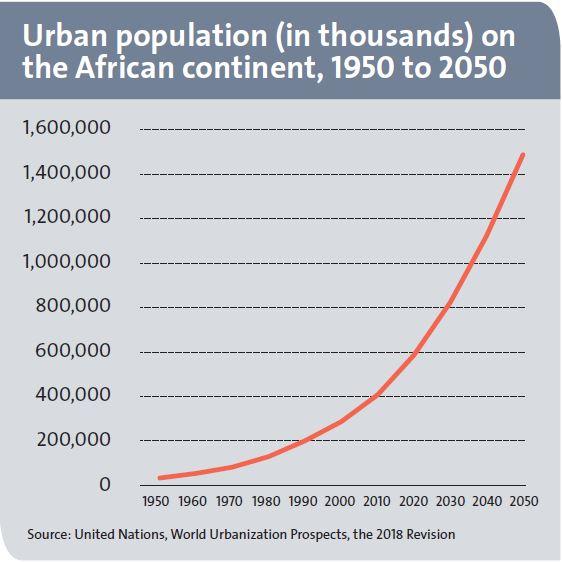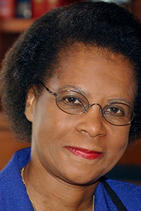
The issue of access to essential services, in particular water, sanitation, waste collection and treatment, and energy supply is at the crossroads of the environmental and societal challenges of the African continent. The Veolia Institute dedicates a new issue of its review to this subject, with a threefold objective:
- To understand the importance of essential services for the sustainable development of the continent, through the analysis of demographic dynamics as well as the socio-political, health and environmental contexts up to 2030;
- To map promising innovations, good practices and pitfalls to be avoided: from service planning to governance, from the potential of decentralized solutions and collaboration with the informal sector to the promises of the circular economy on the continent;
- To identify the levers for deploying these innovations, in particular new business models and the contribution of digital technology, but also the necessary measurement of the impact of solutions, the key role of user involvement and that of innovative coalitions of stakeholders.
---
An issue produced in partnership with avec Archipel&Co.
---
Discover:
- Foreword by Mamphela Ramphele, Member of the Veolia Institute Foresight Committeee
- Introduction by Nicolas Renard, Executive Director, Veolia Institute
1. Heading towards 2030: outlook and challenges for essential services in Africa
The demographic revolution sweeping modern Africa is primarily urban. Everybody knows that population numbers are rising and with Africa already home to close to 15% of the world’s population, compared to 7% in 1960, it also has the fastest rate of population growth of any region of the world1. Africa’s population is also the world’s youngest: 60% of Africans are aged under 25, compared to 44% in emerging economies, and 80% of its people earn under $5 a day.
---
1 It is thought that between 2015 and 2050, half of all worldwide population growth will center on just eight countries, fi ve of them in Africa (United Nations, World Population Prospects, 2016). These eight countries are India, Nigeria, Pakistan, DR Congo, Ethiopia, Tanzania, Indonesia and Uganda
African Union Development Agency
World Bank
Sahel and West Africa Club Secretariat (SWAC), Organization for Economic Co-operation and Development (OECD)
University of Ghana
Justin De Koszmovszky, Archipel&Co
Coalition Marocaine pour l’Eau
2. High-potential innovations for a fast-changing continent
Africa, particularly the sub-Saharan regions, has long been handicapped by the prevalence of simplistic images, rooted either in afro-pessimism or over-valuing the leapfrog effect to transform its development gap into new comparative advantages. Countless reports have highlighted this new narrative, depicting an Africa that is digital and innovative, mobile money being an iconic example of this powerful new movement.
Mwaura Njogu, Consultant
Andrew Maki, Justice & Empowerment Initiatives (JEI)
Frederick Agyemang, EJP Ghana
Groupe Huit, Wexity-Logiroad
Emmanuelle Guillou, LATTS
Sanergy
WSUP
3. Conditions needed for scaling up successfully
There are a number of pitfalls to avoid when talking about innovation. First is not embracing an overly romanticized vision of bottom-up innovations. Then there is the risk of blithely embracing technophilia. Many initiatives remain small scale and might never have the reach needed to overcome the challenges of accessing essential services across Africa. There are a number of seemingly vital success conditions to meet if innovative solutions for accessing services are to see lasting improvement.
Investisseurs & Partenaires
Maureen Ravily, Archipel&Co
Nana Asamoah-Manu, IFC
Younès Drici Tani, Non-affiliated environmental activist
Andrea Weiss, WWF South Africa
Toilet Board Coalition, SATO (Lixil)
University Paris 1, FERDI
Mobile for Development Utilities, GSMA
Key figures and progress on the African continent:
-
1.5 billion city-dwellers on the continent by 2050
-
Access to water in africa has improved over the past 20 years
-
Slower progress in sanitation
-
Major progress in access to energy, powered by off-grid innovations
-
Waste management: progress needed in the coming years
-
Innovation ecosystems growing strongly across the continent



